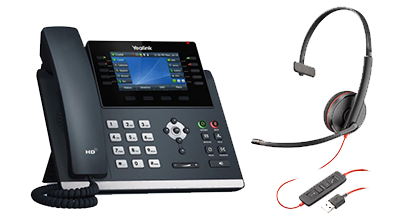Nowadays, Companies and enterprises have been moving to advanced platforms rather than holding traditional ones. Most of the companies are using advanced cloud IP PBX service for their communication purpose. Traditional ip pbx is very costly, space taking and also requires experts for installation and configuration. That’s why most of the enterprises around the world have been abandoning archaic telephony hardware from their offices and moving towards Cloud based for easy and affordable communication.

Why should you choose iSolutions IP PBX?
Traditional IP PBX service systems are not only costly to buy even though it often takes the intervention of an expert to install and configure the system. On the other hand, Cloud IP PBX services, also known as virtual, are delivered through the internet with a lower upfront investment and are easy to set up. Through the technology employees can work remotely and easily access their company’s communication tools like: instant chat, web conferencing and no matter how far you are from your enterprise. It is able to run and maintain your communications in case of a power outage or other disaster through it, your business would not have to go offline. Its hosted system gives so many advanced features through those no need to maintain a staff or resources in place to maintain or troubleshoot the system.
Reason for Choosing an Advanced cloud IP PBX service
Traditional and cloud IP PBX service systems are two ways that businesses use to manage their phone communications. Some breakdown of its key differences.
Deployment
Traditional
IP PBX systems don't directly connect to the traditional phone network (PSTN) themselves. Instead, they rely on the internet protocol (IP) to manage calls. This offers several advantages over traditional systems, as highlighted in some sources.
1. IP Connection:It connects to the internet using a broadband connection
2. IP Phones: Users connect to the system through IP phones or use dialer on their computers.
3. External Calls: For external calls It uses a SIP trunk, which connects to a VoIP provider. SIP trunks convert voice calls into data packets for transmission over the internet.
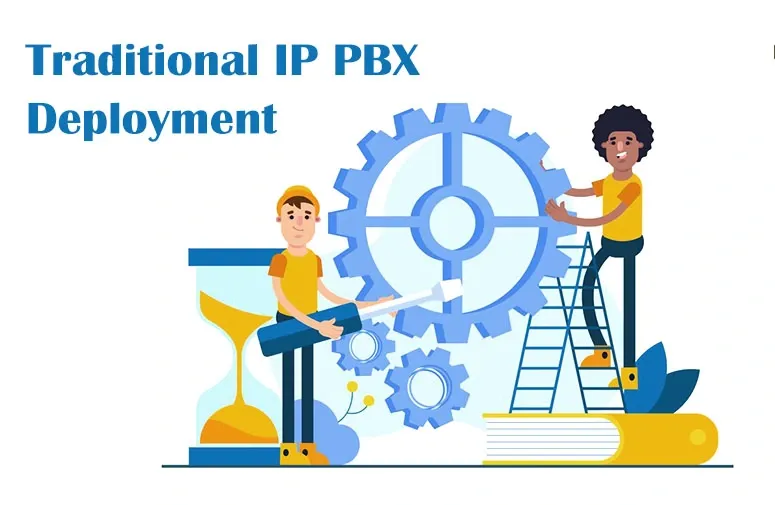
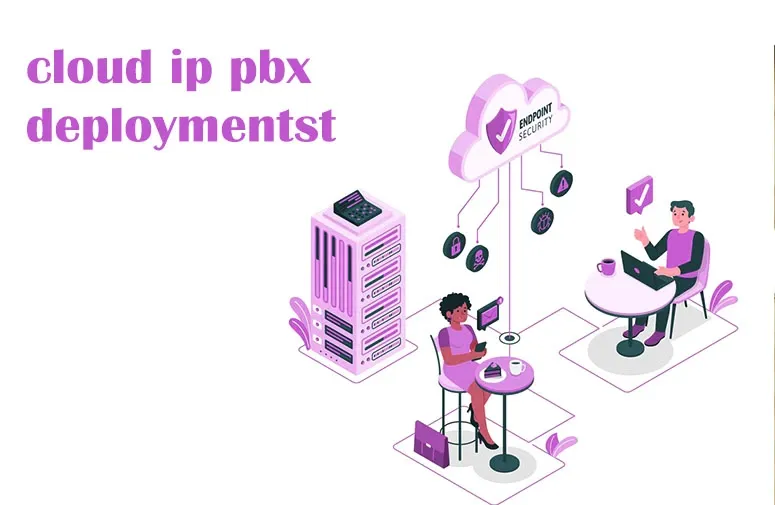
Cloud
There are two main deployment approaches for Cloud IP PBX systems:
1. Self-Hosted:Deploying the PBX software on a virtual machine in the environment like Google Cloud Platform or Amazon Web Services.
2. Hosted: This is the simpler option where a service provider manages the cloud infrastructure and PBX software. They will take care of everything when you subscribe to their service.
Cost
Traditional
Requires an initial investment in hardware, software licenses, and installation includes maintenance fees, software upgrades, and traditional phone line charges, which can be expensive.

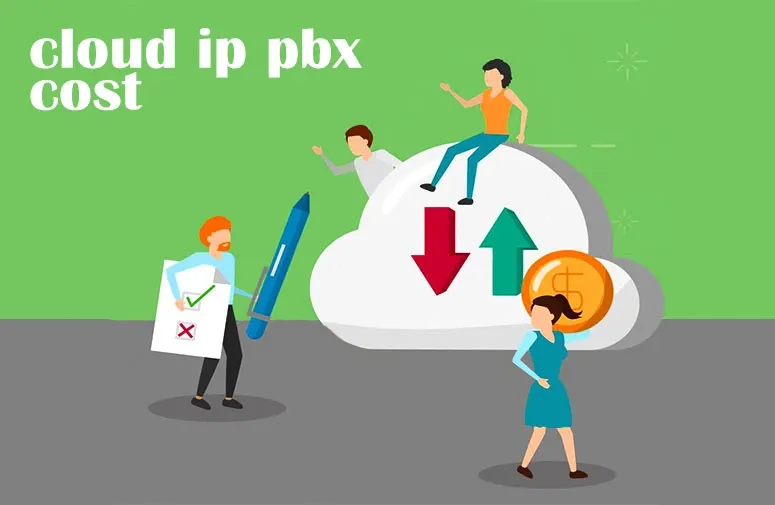
Cloud
Generally, it offers a more cost-effective solution compared to traditional systems.
1. Lower upfront cost:Typically eliminates the need for expensive hardware and software purchases. You might just need to invest in IP phones
2. Predictable monthly fees:Usually charged per user with a set monthly cost that includes features and maintenance.
Scalability
Traditional
Adding capacity often requires additional hardware, software licenses, and technical expertise, making it less flexible for businesses with fluctuating needs.


Cloud
Cloud IP PBX systems are known for their high scalability compared to traditional systems. You can add or remove users and features with a few clicks in the provider's web interface. Users and features can be added or removed with a few clicks in the provided web interface . Also this infrastructure handles everything, so you don't need to worry about buying or maintaining additional hardware as your business grows.
Features
Traditional
Traditional IP PBX systems rely on internet protocol or IP. It uses the internet to make and receive calls, and offering basic features like call forwarding and voicemail might be available.
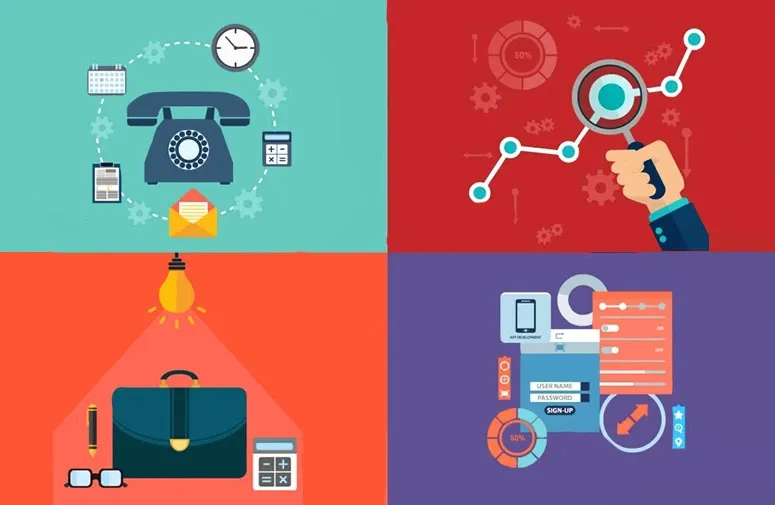
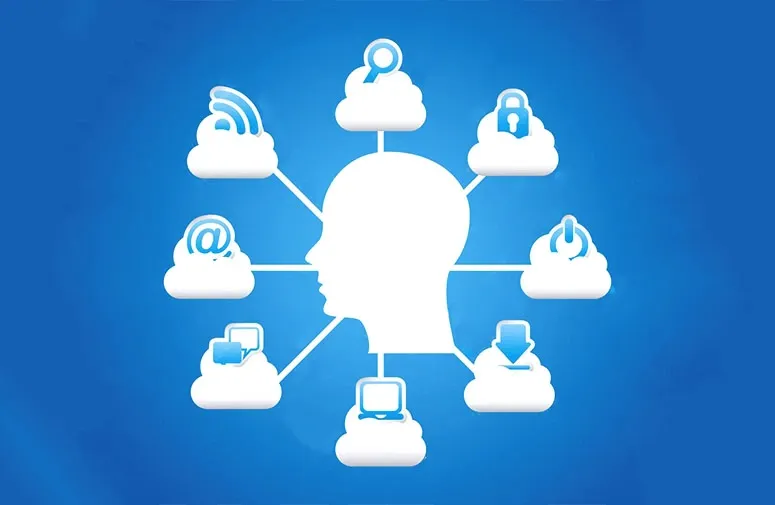
Cloud
Cloud IP PBX systems offer a variety of features that can enhance communication and make business operations easier
1. Core PBX features:Call routing, call forwarding, voicemail, IVR auto attendant, caller ID, and call recording.
2. Advanced functionality:Features like music on hold, synchronous ringing, call query, and virtual faxing can improve customer experience.
3. Remote work capabilities:This will allow employees to manage business phones from anywhere with an internet connection, maintaining flexible work arrangements.
4. Integration with business tools:This technology can integrate with CRM software, video conferencing, and other applications to centralize workflows
5. Simplified management: Minimum of maintenance burden as the cloud provider takes care of hardware and software updates.
Reliability
Traditional
Traditional PBX systems offer reliable call quality because they don't rely on an internet connection. It can still malfunction during power cuts but offers fewer features and is less flexible for growth.


Cloud
These IP PBX providers typically store data and run services across geographically dispersed data centers. This means that if one data center experiences an outage, another can take over flawlessly, minimizing downtime. Unlike traditional, The systems don't rely on on-site hardware which can malfunction.



